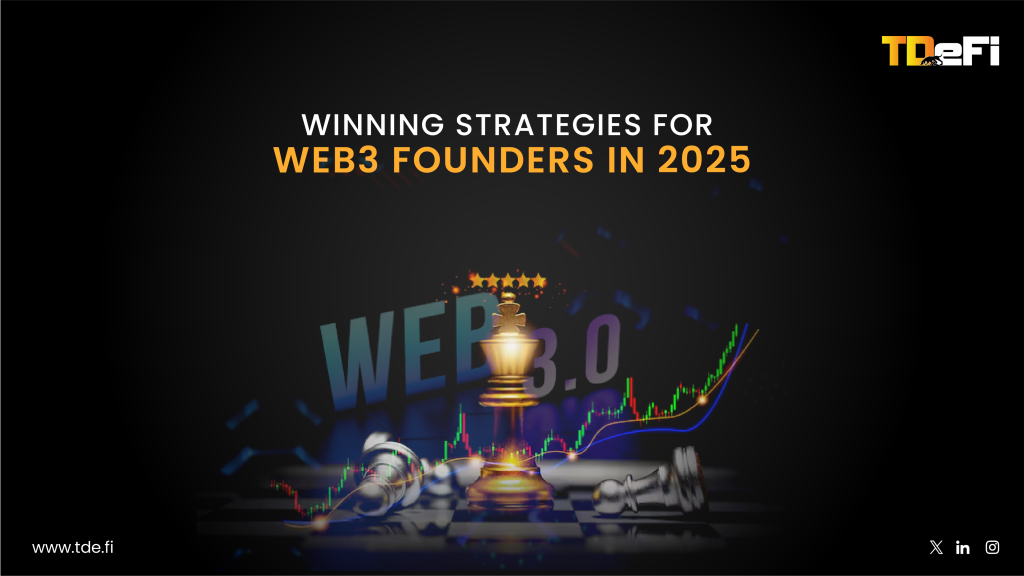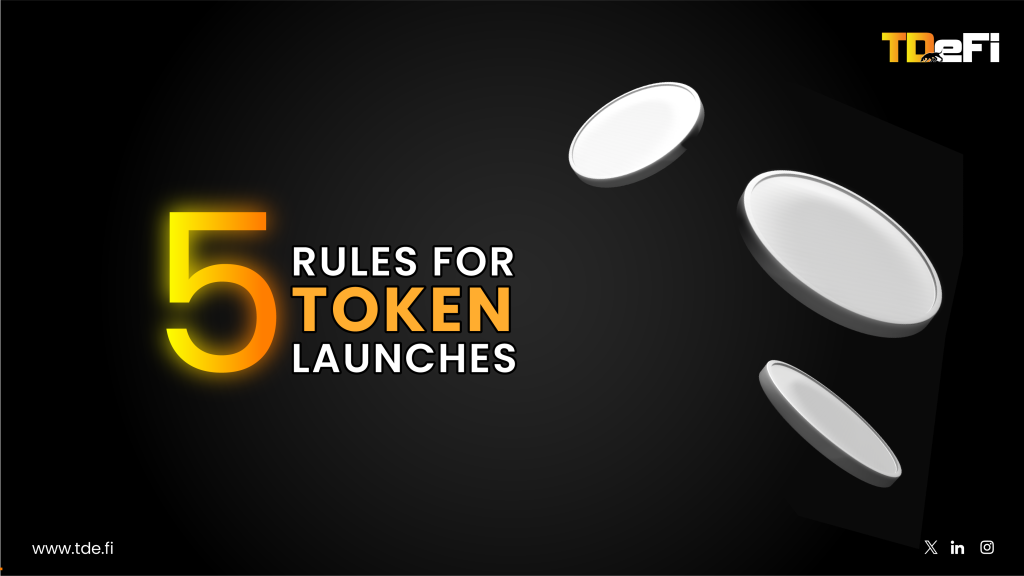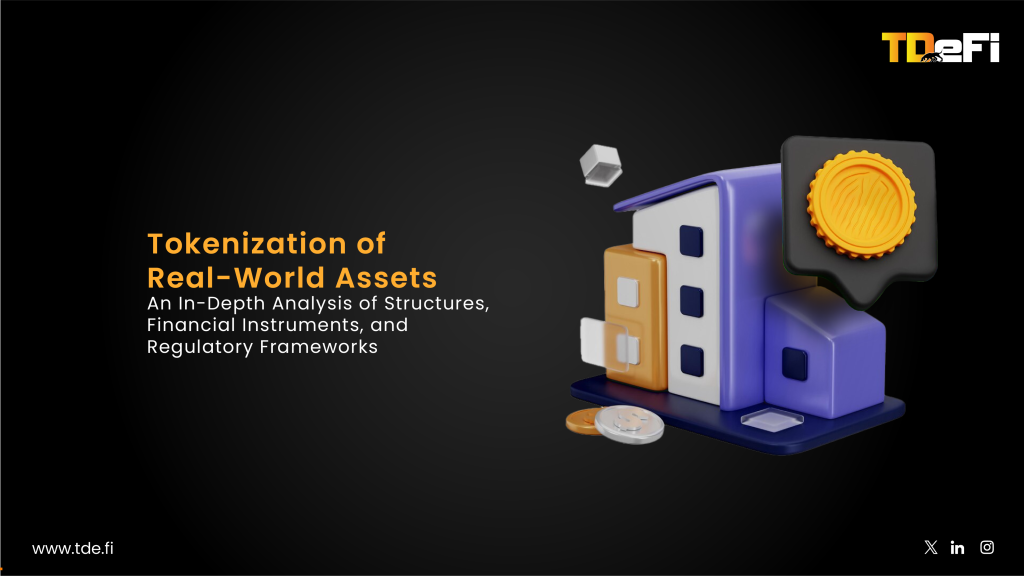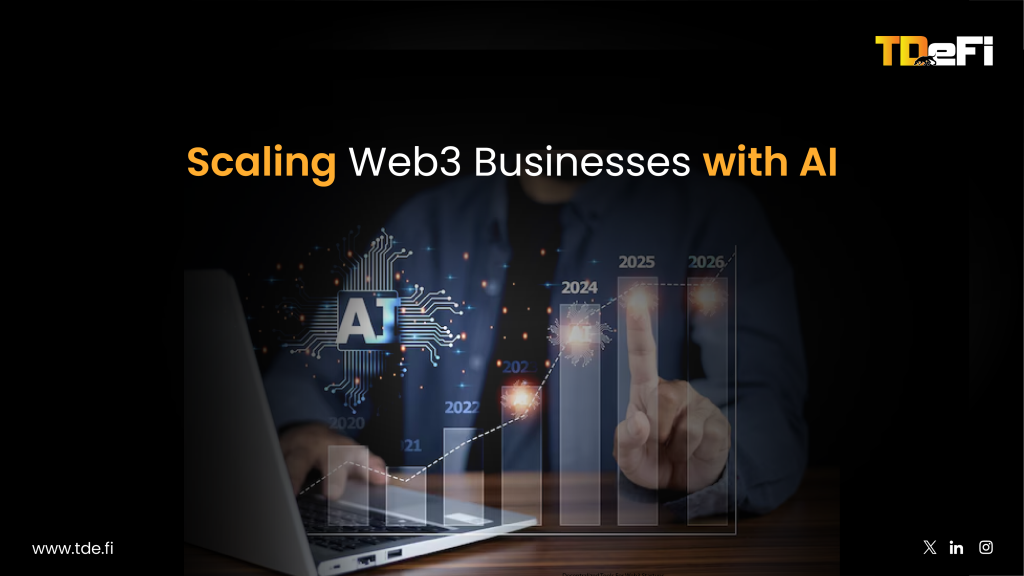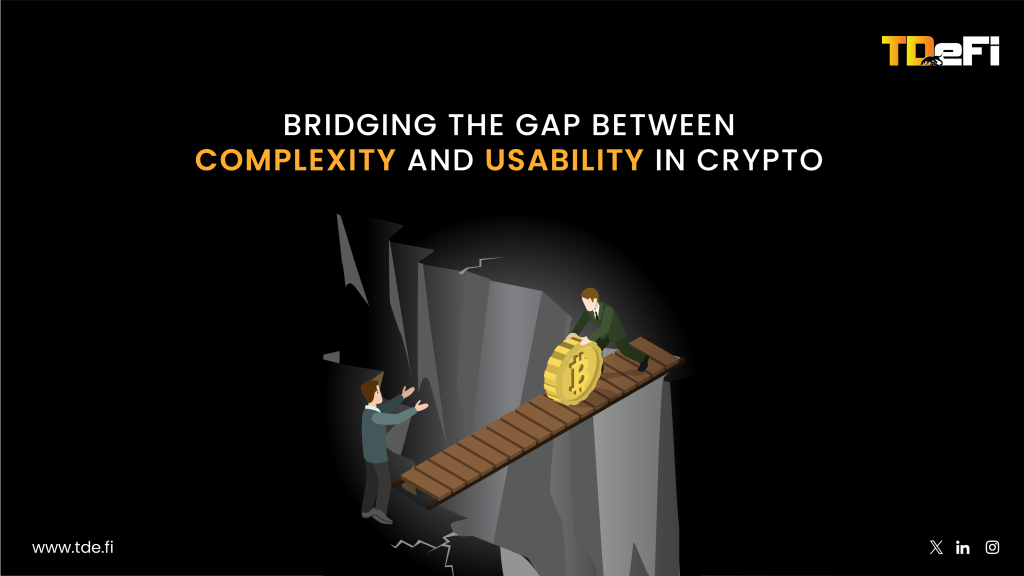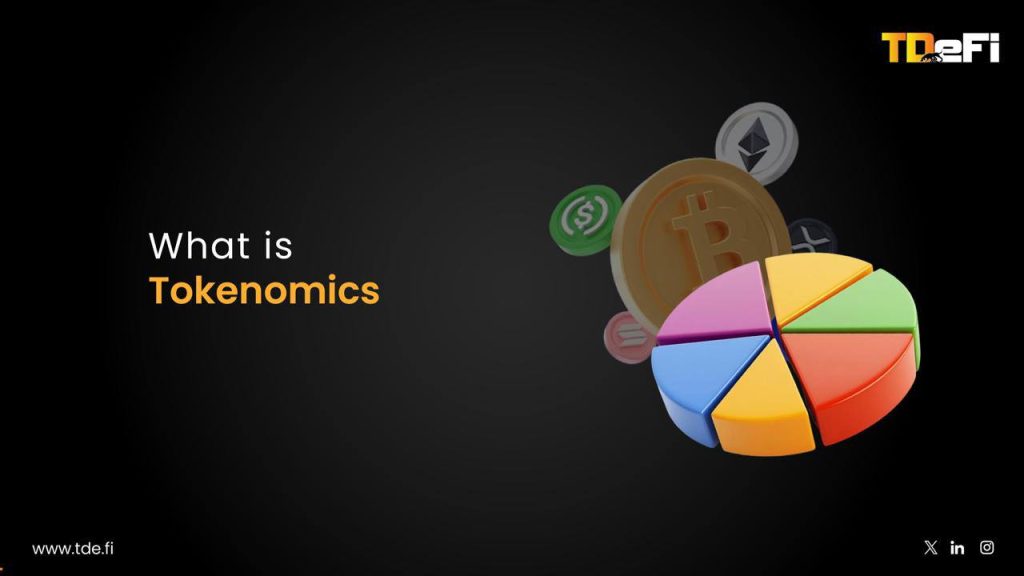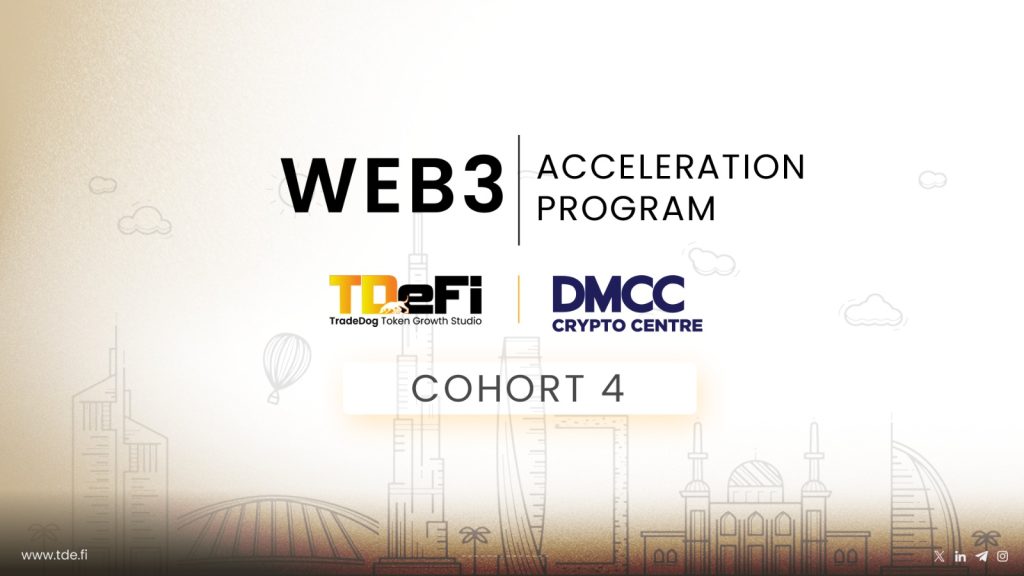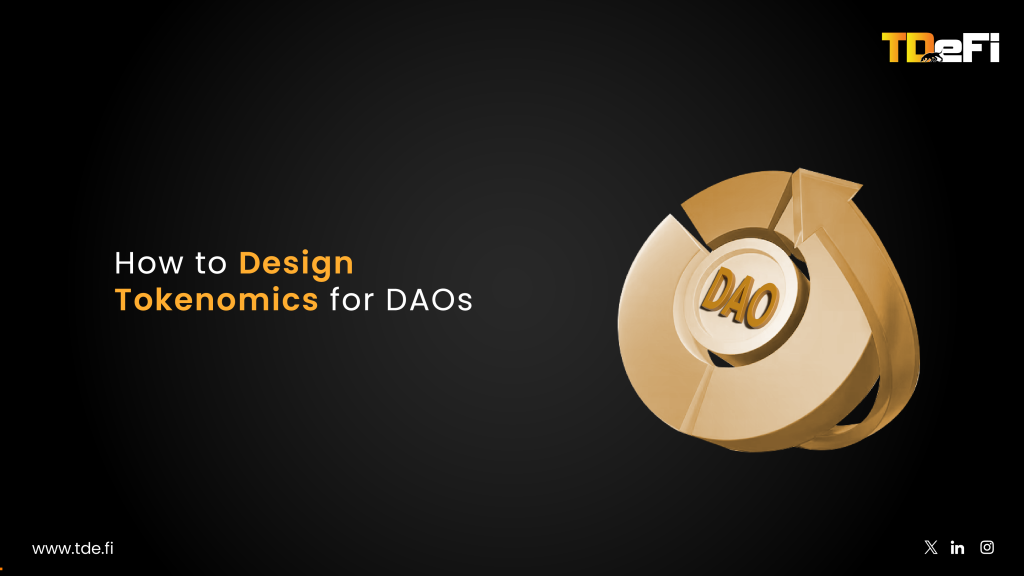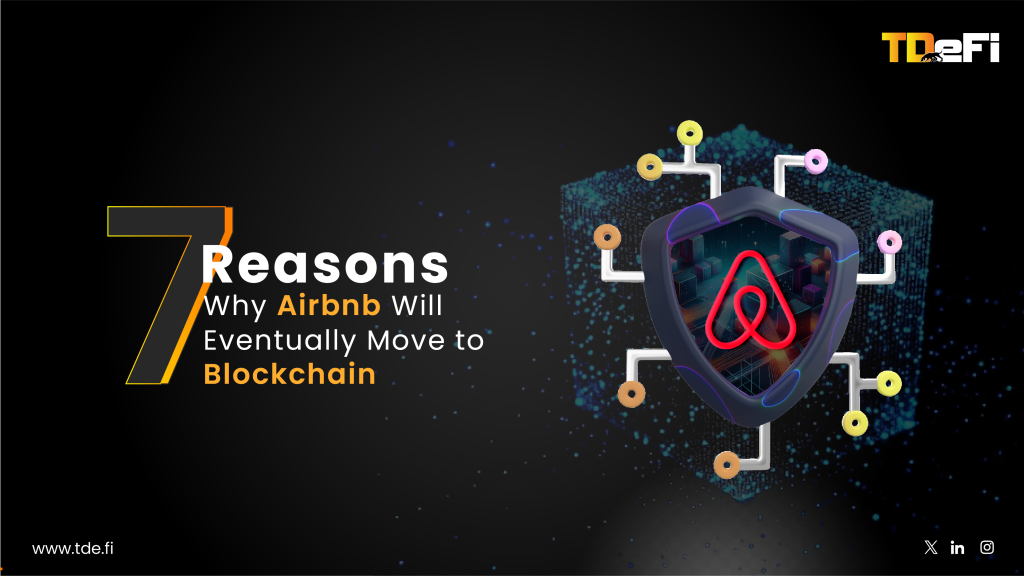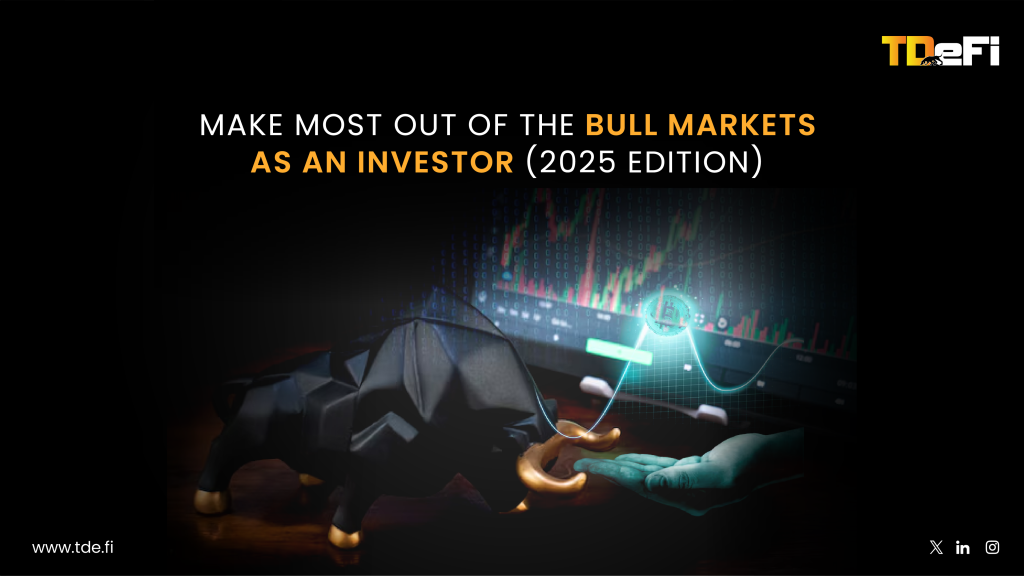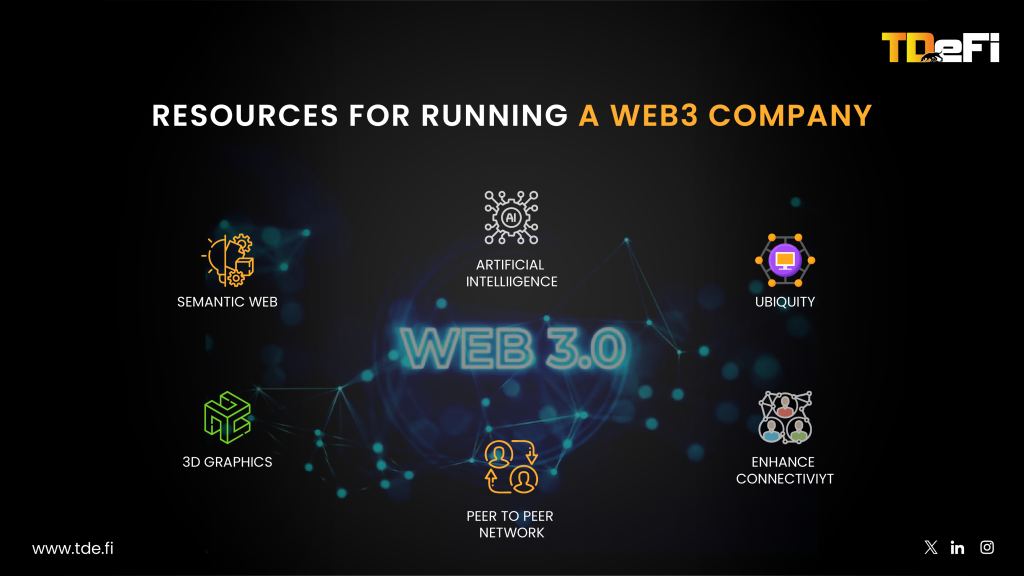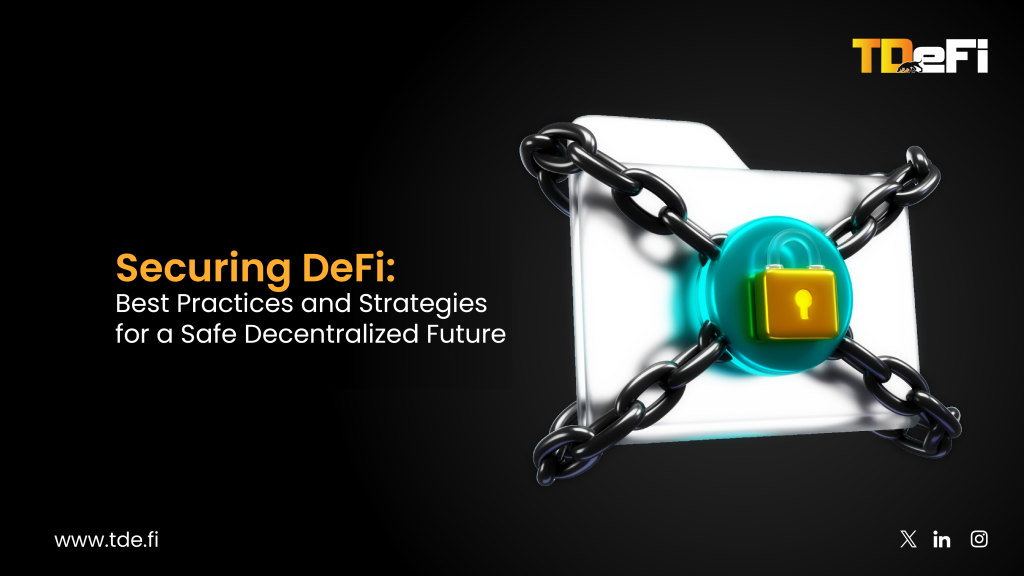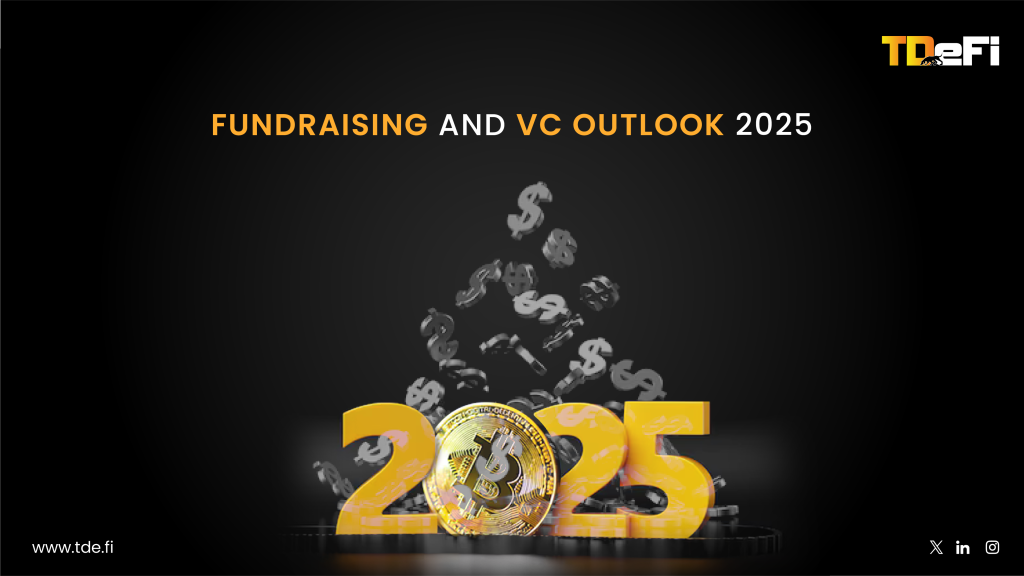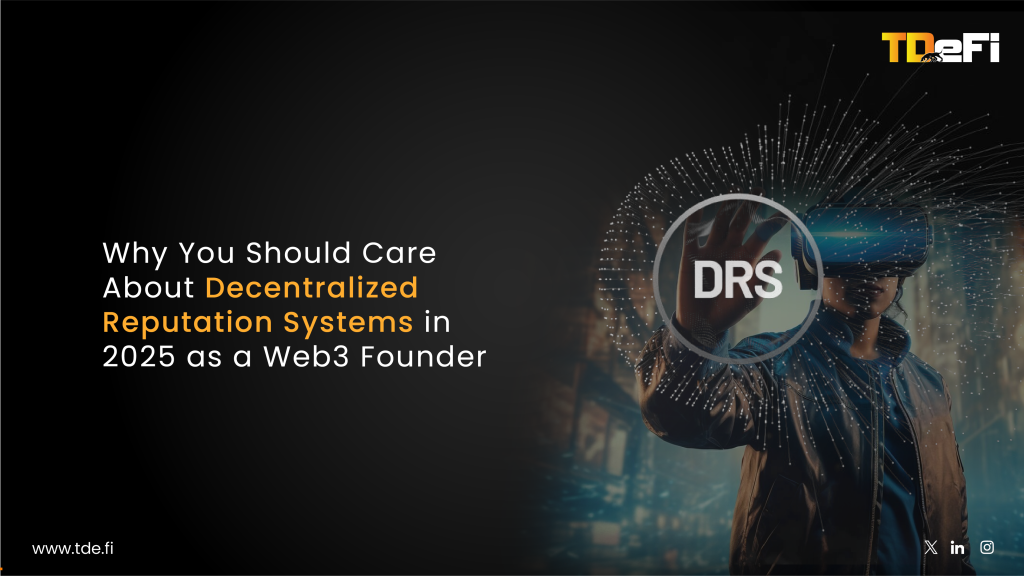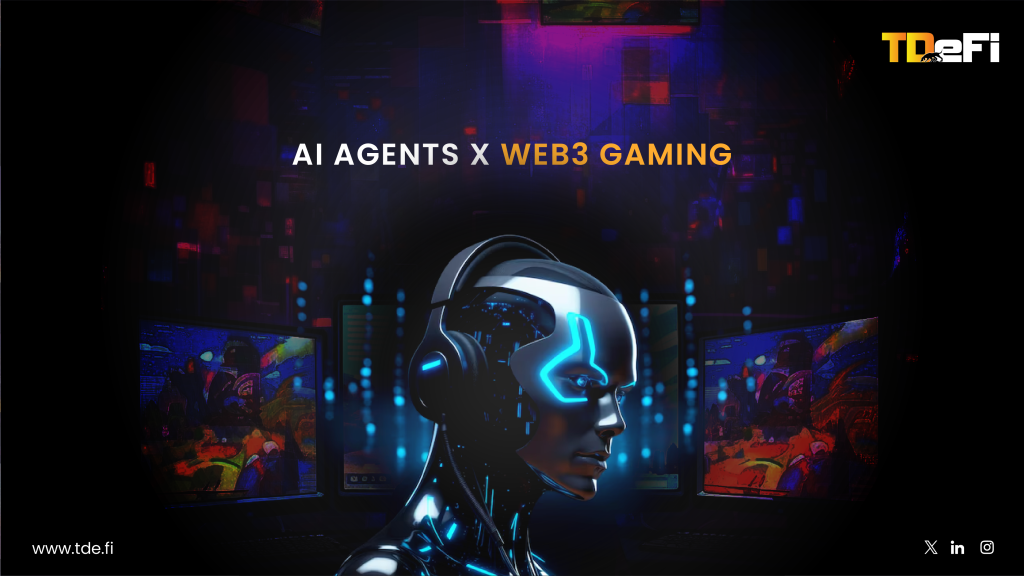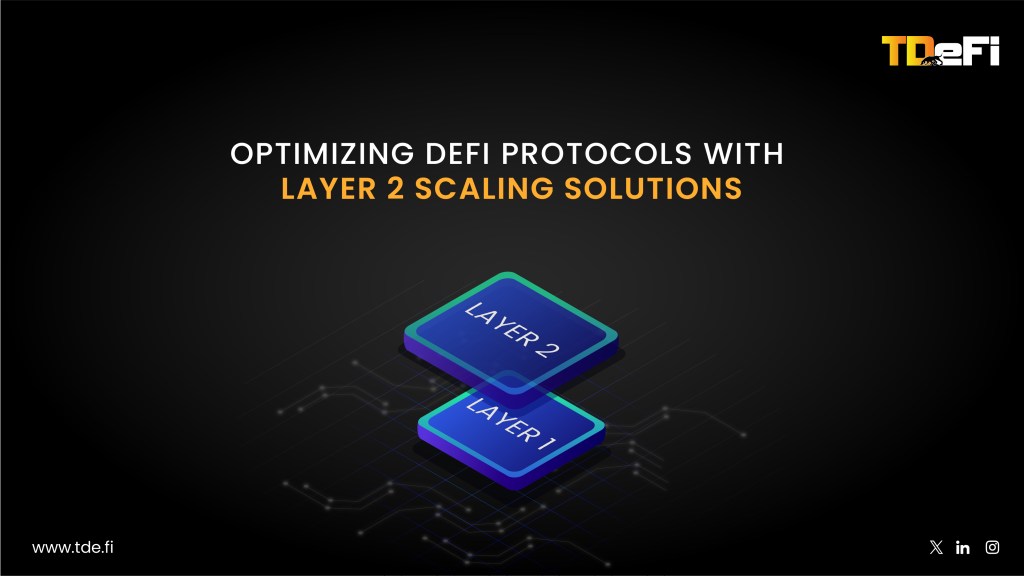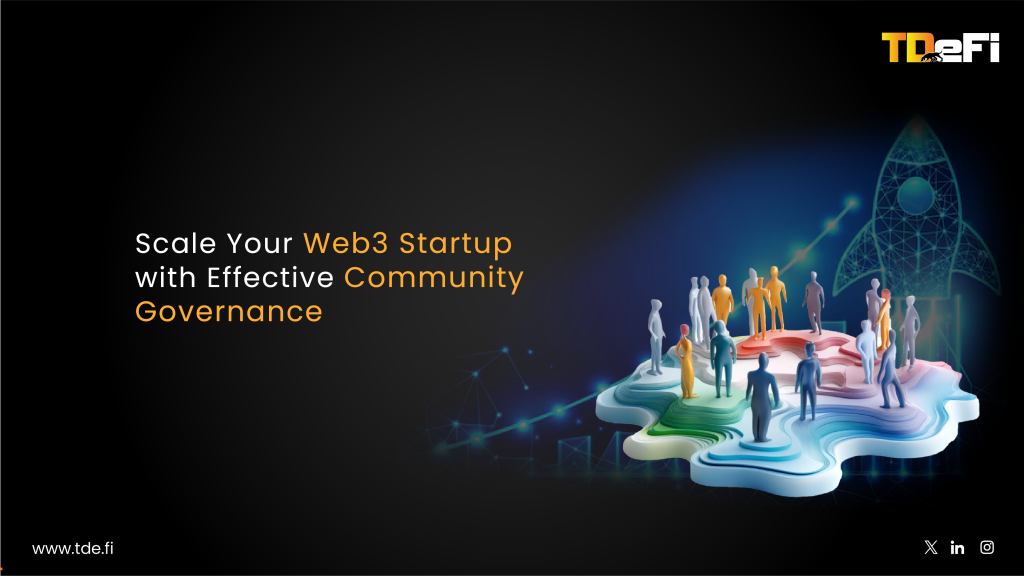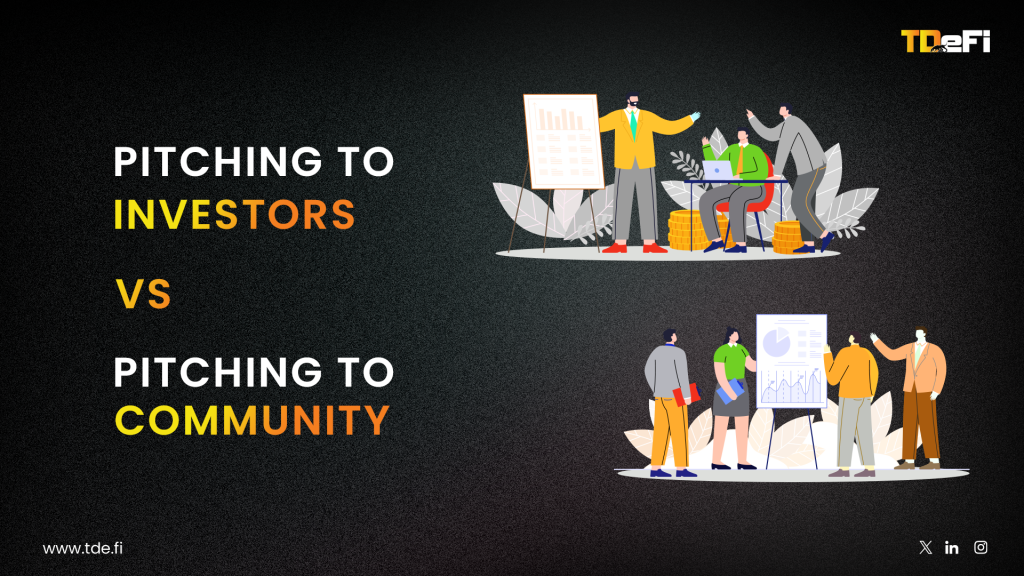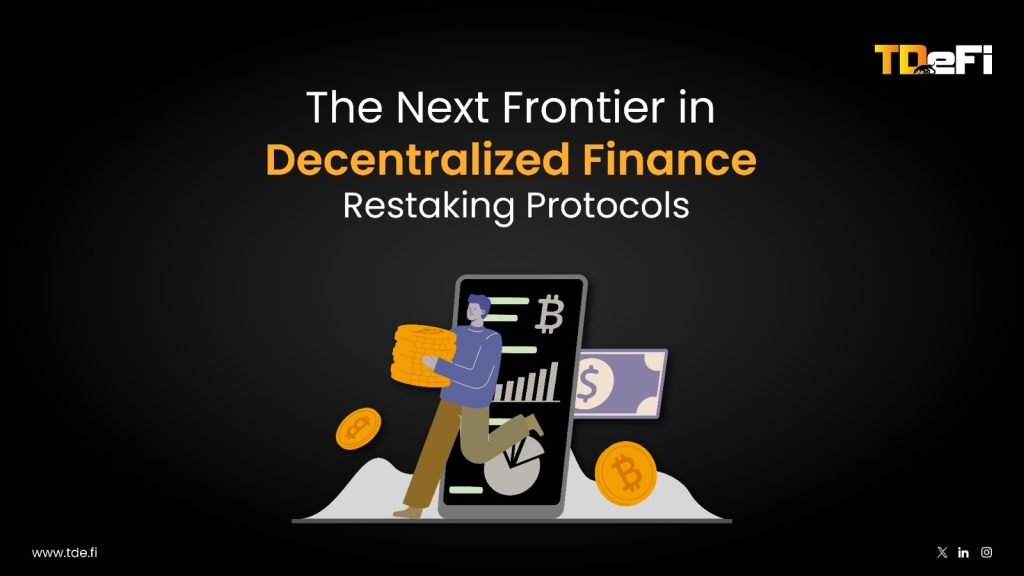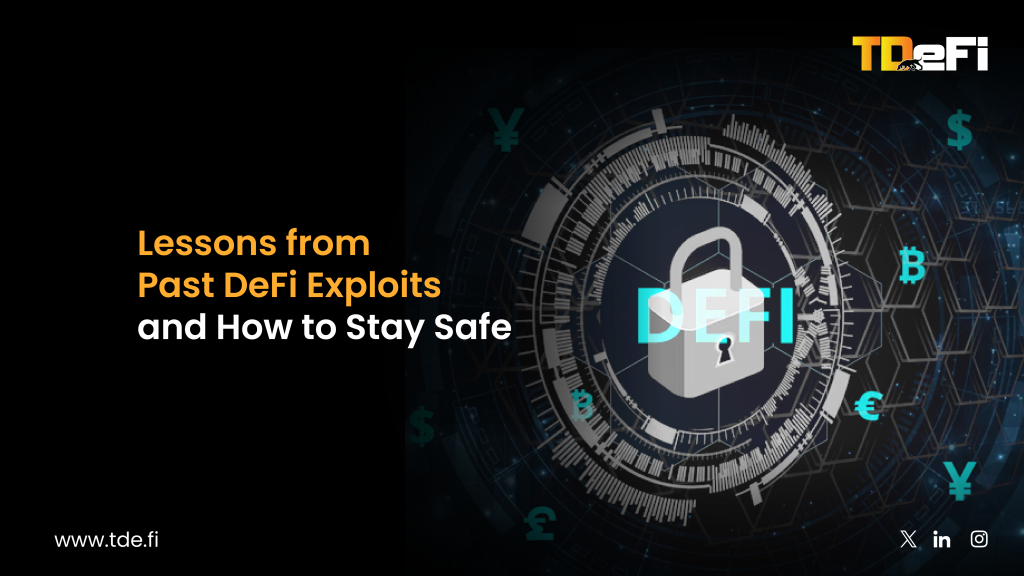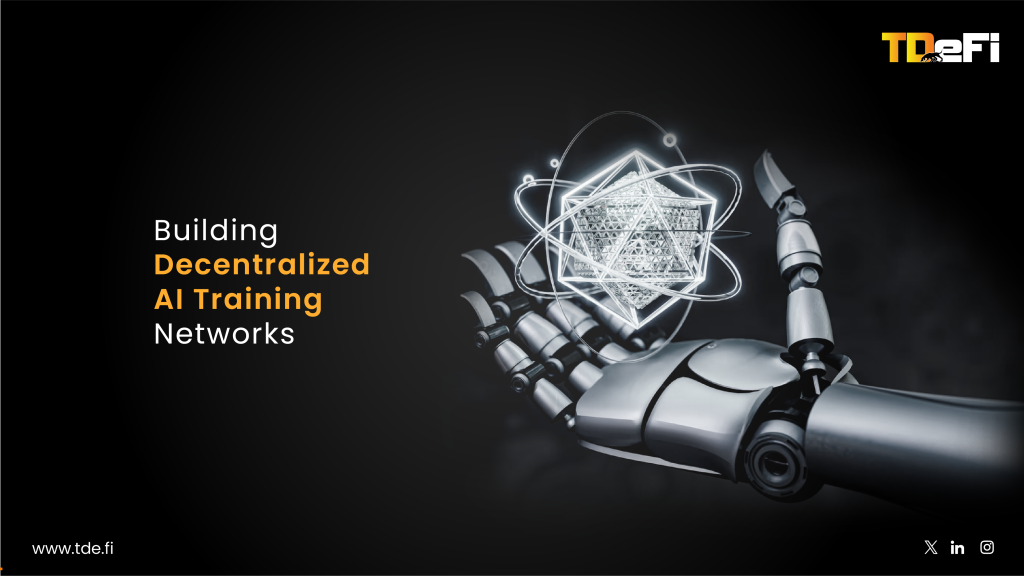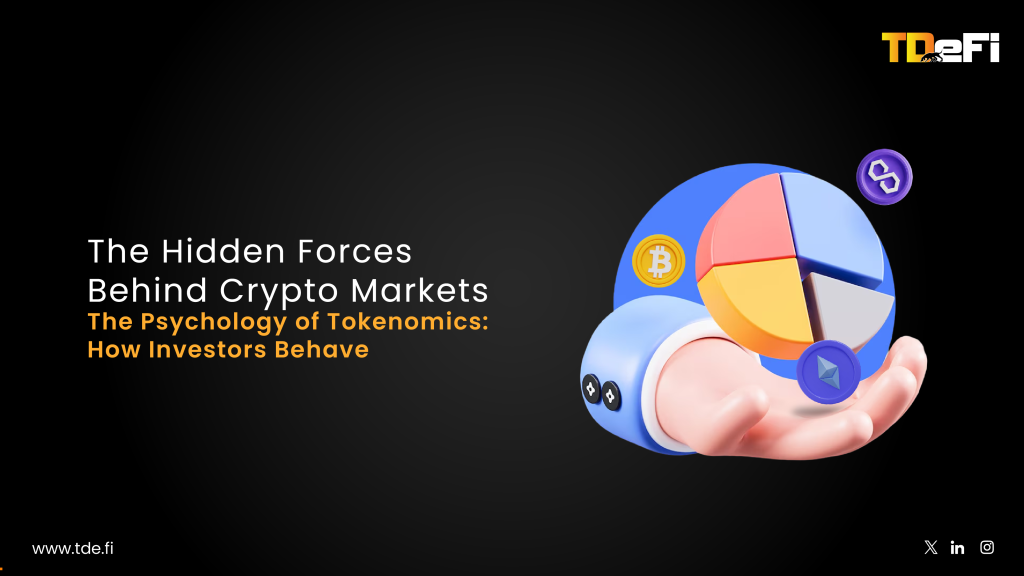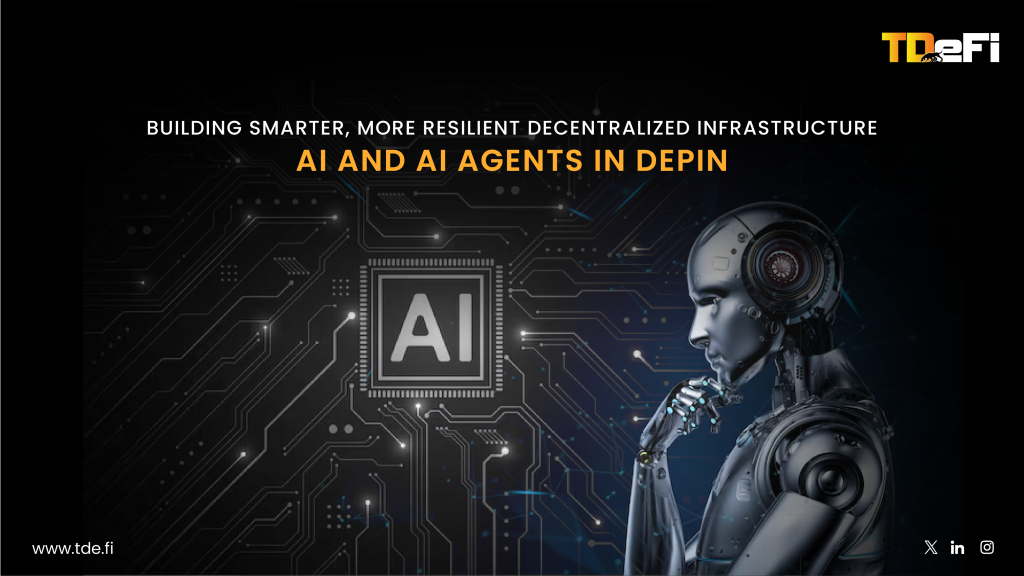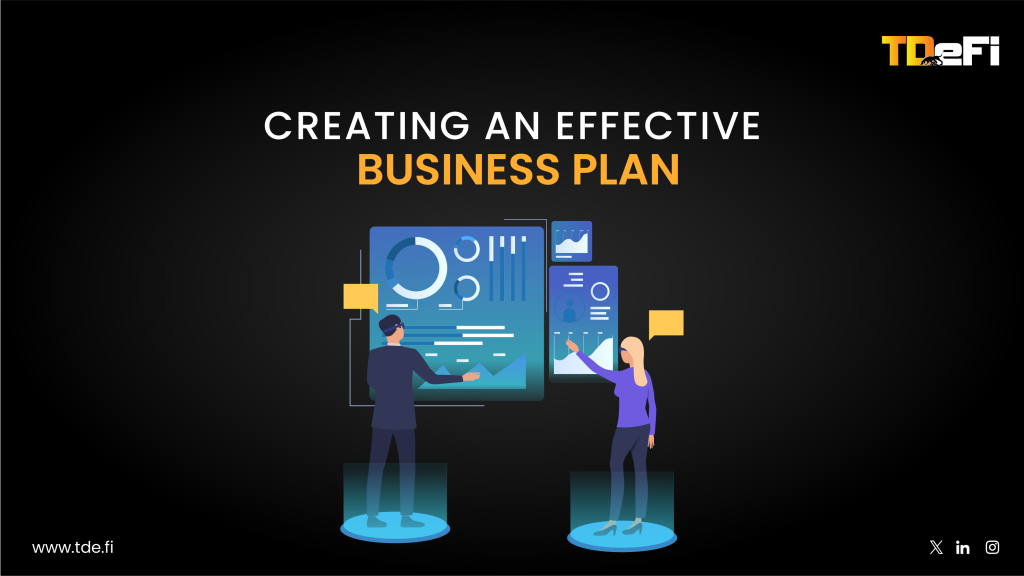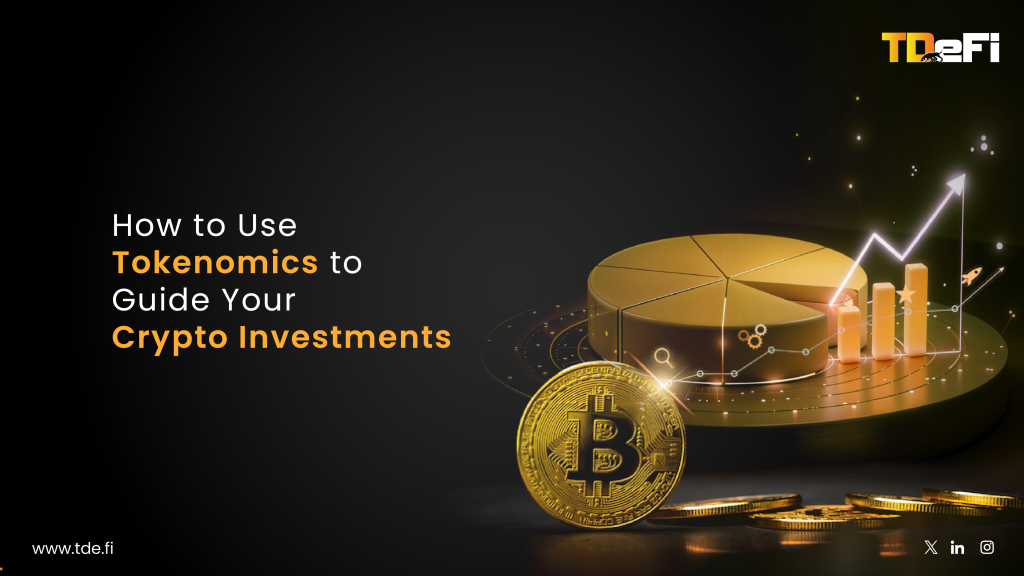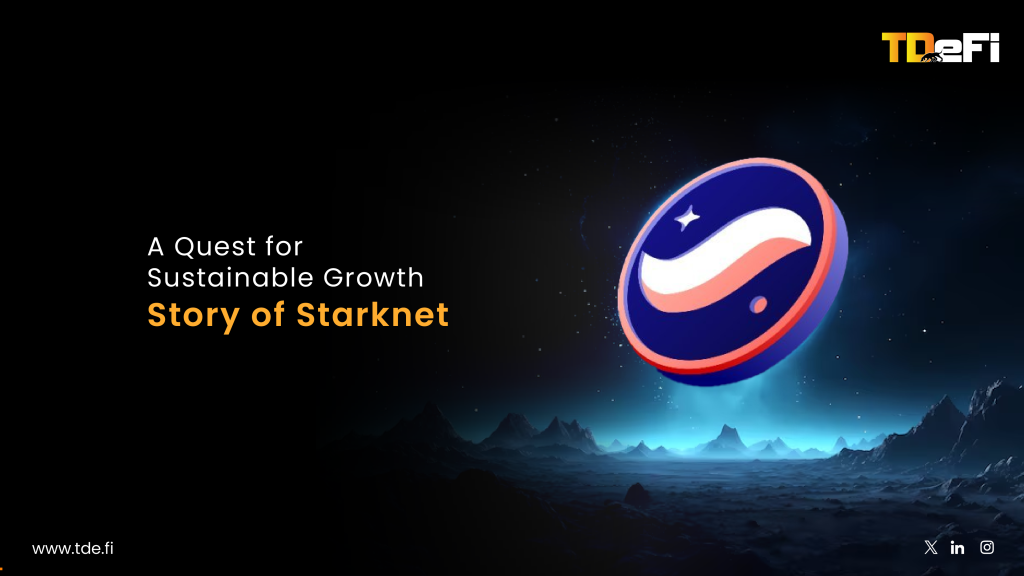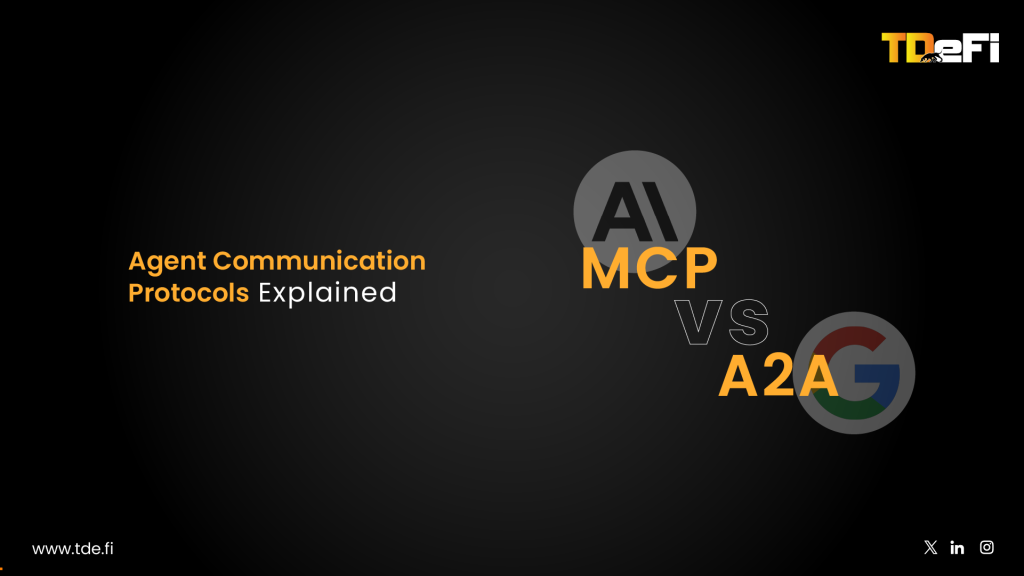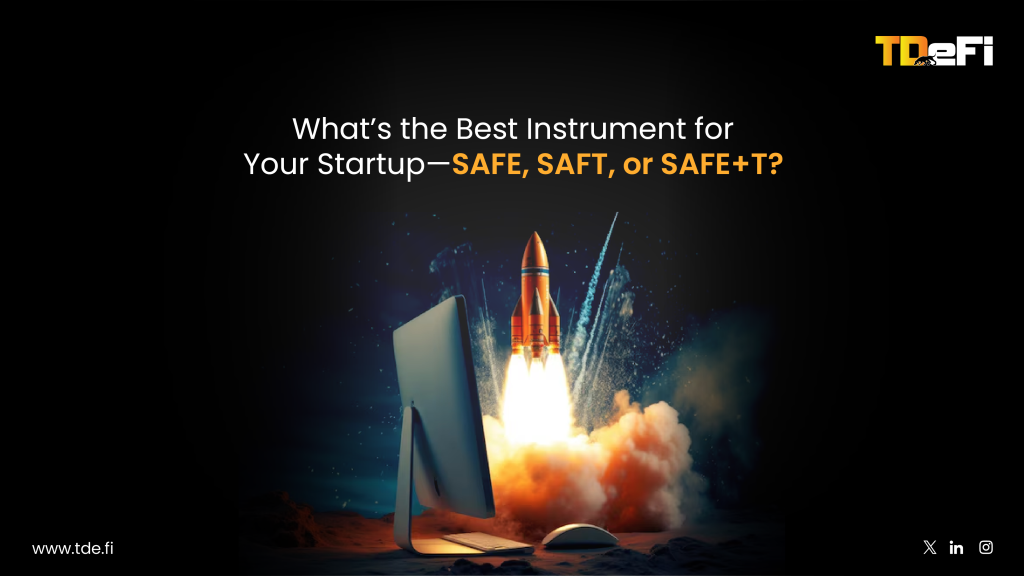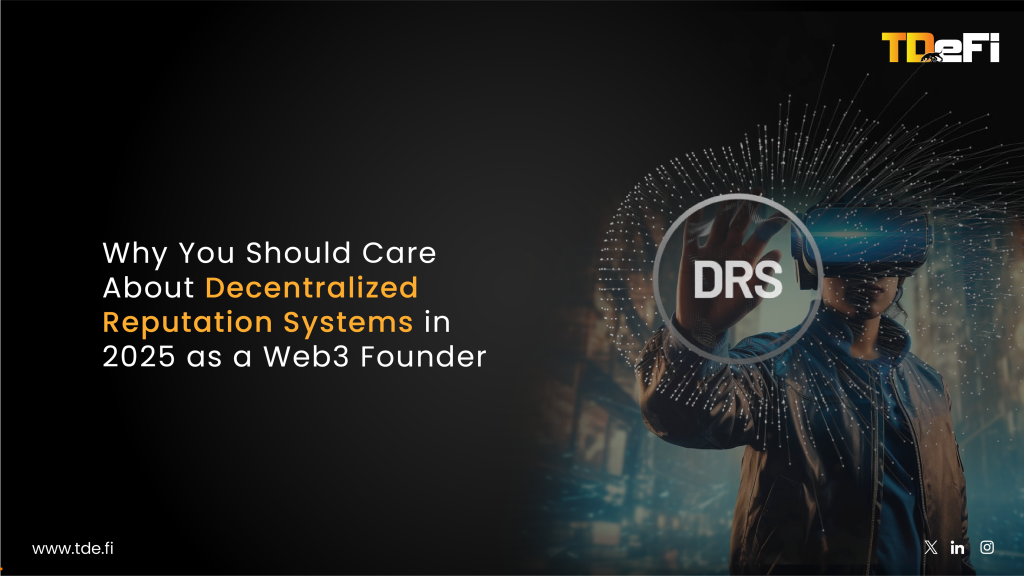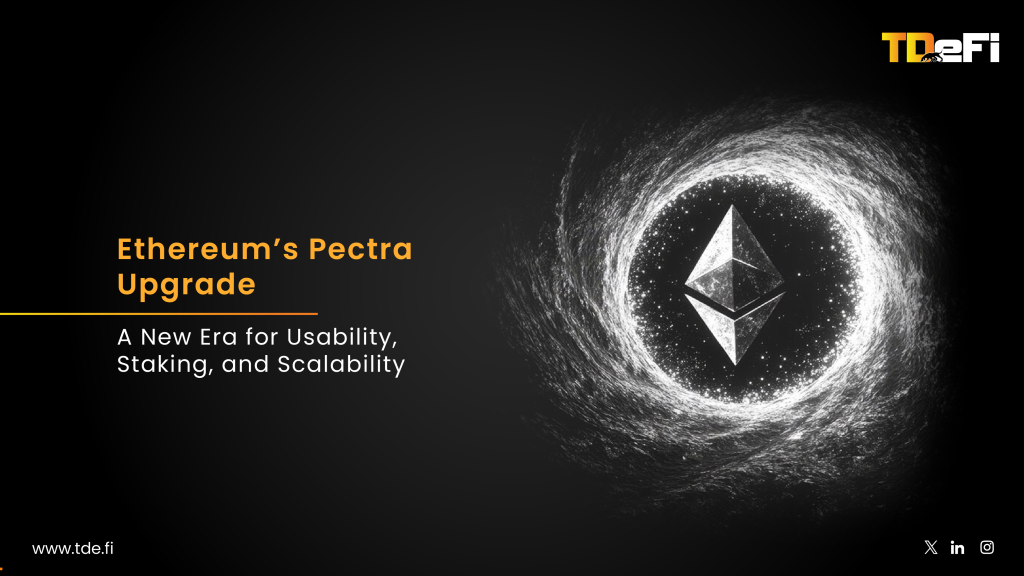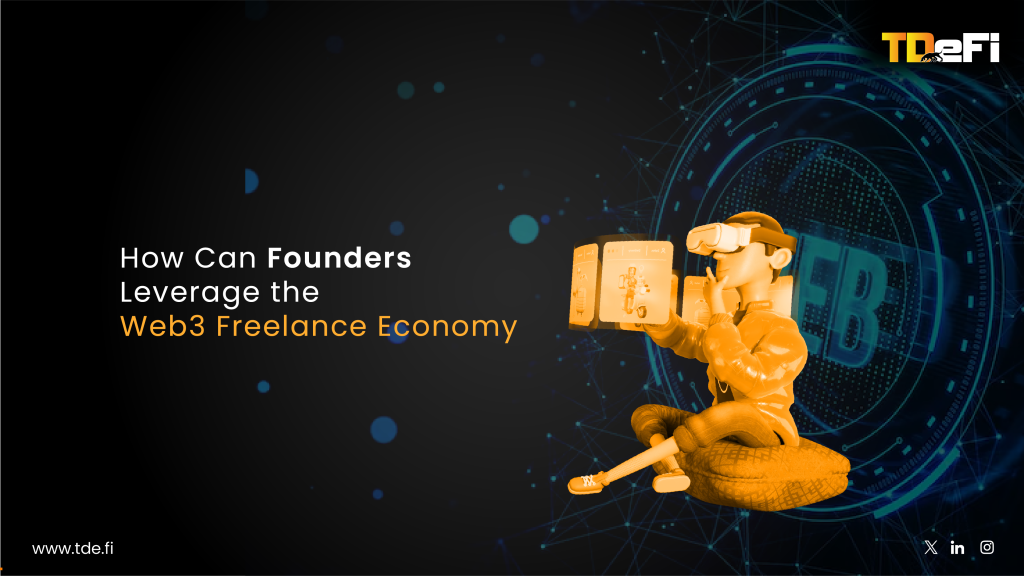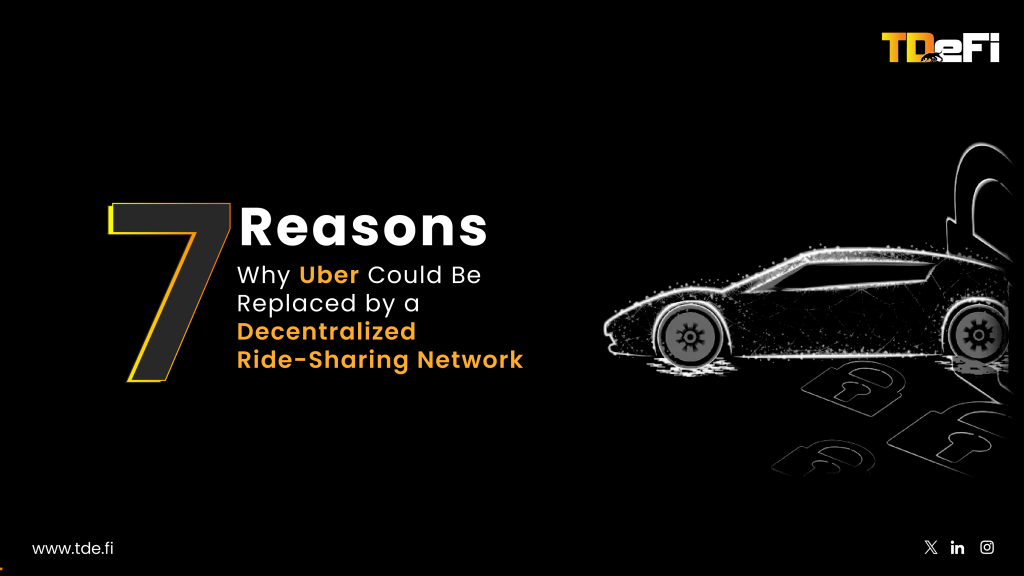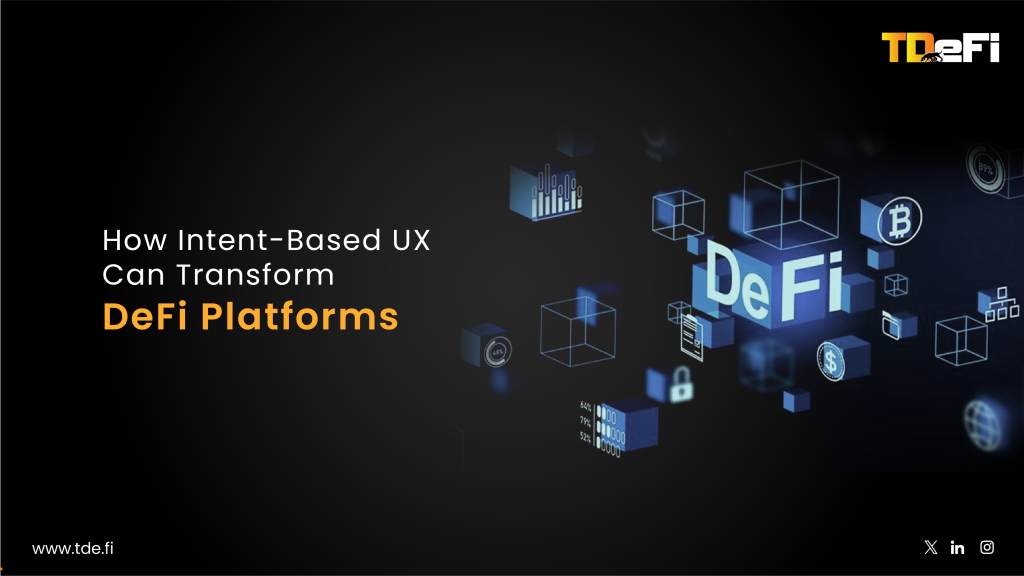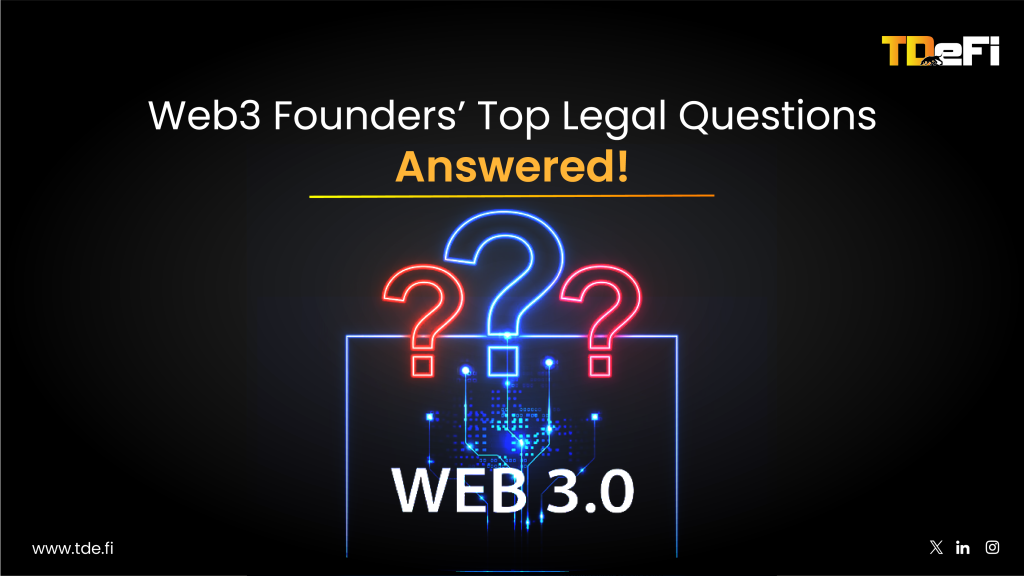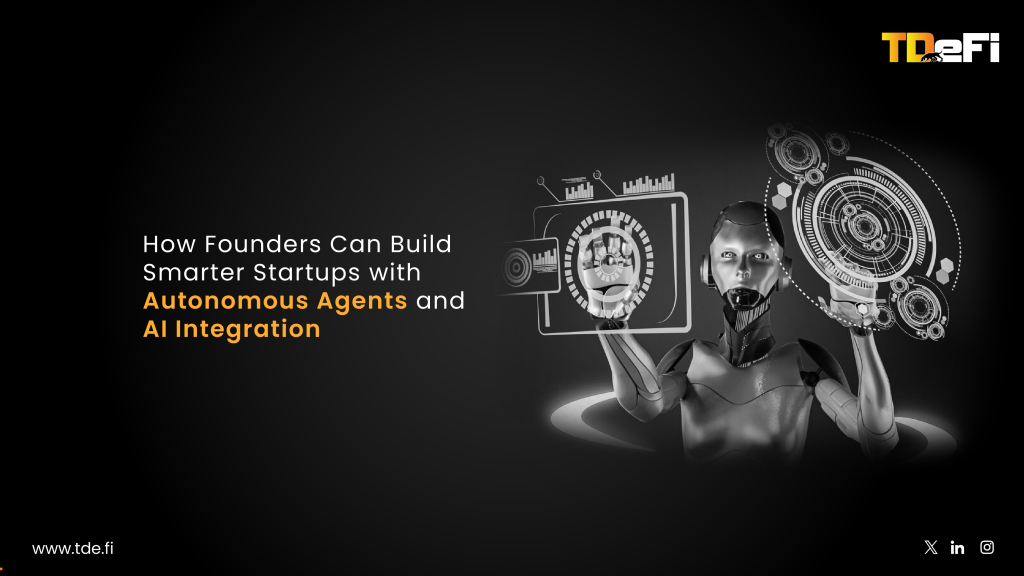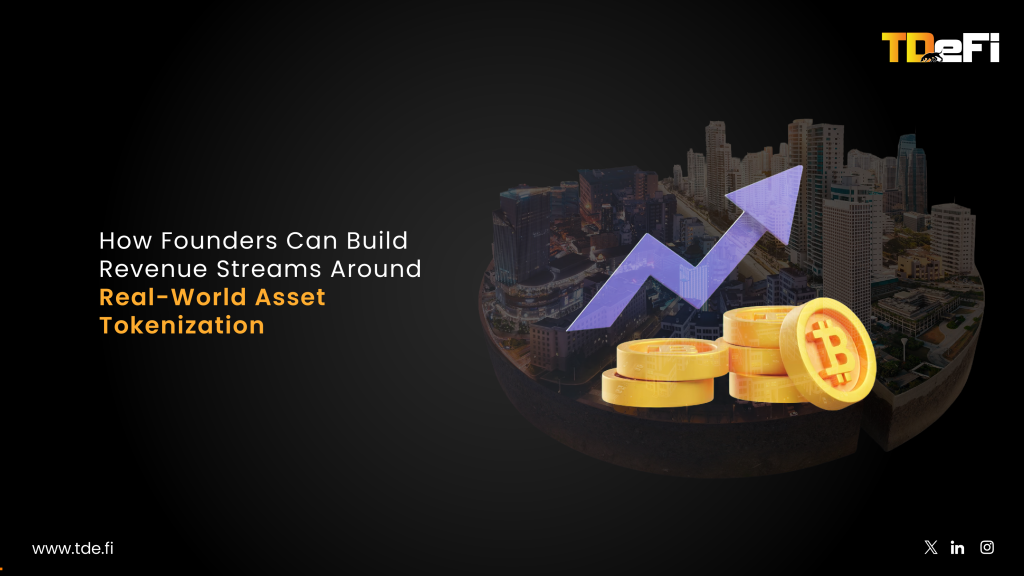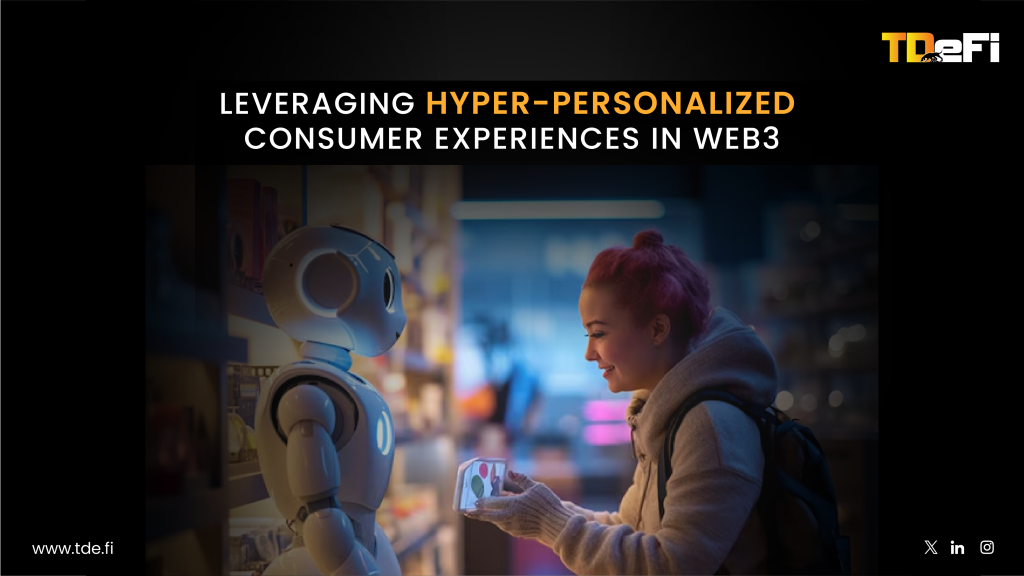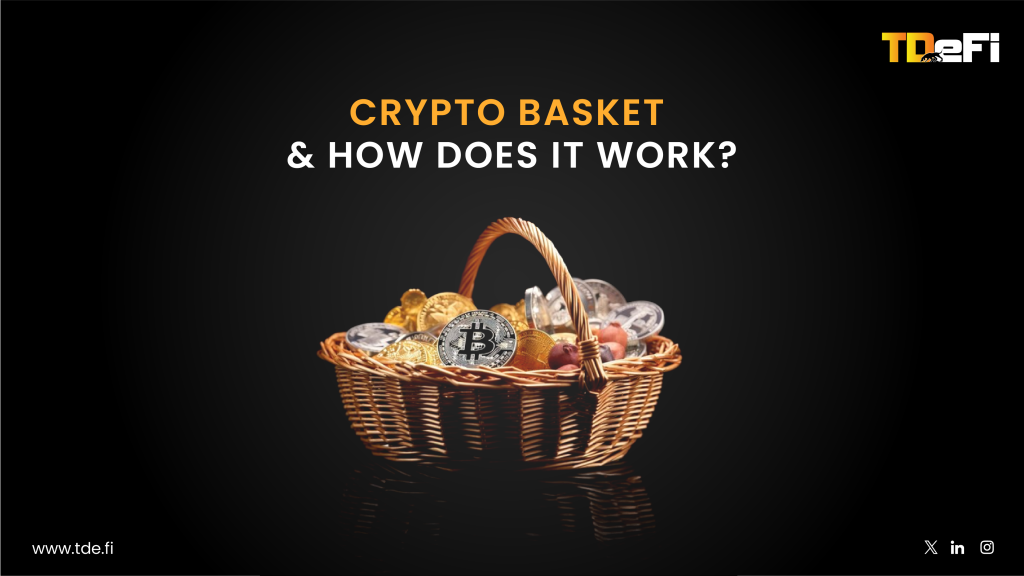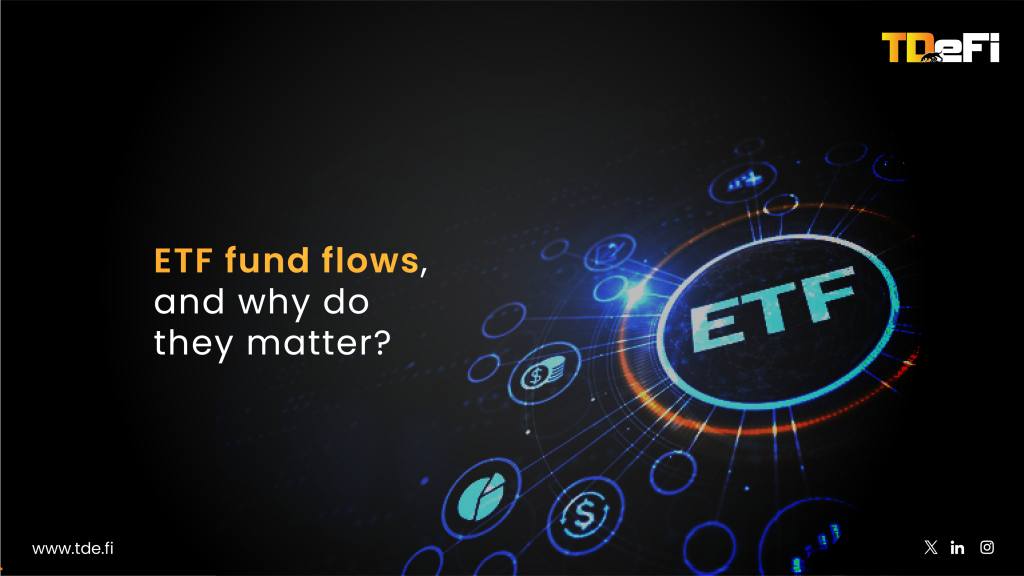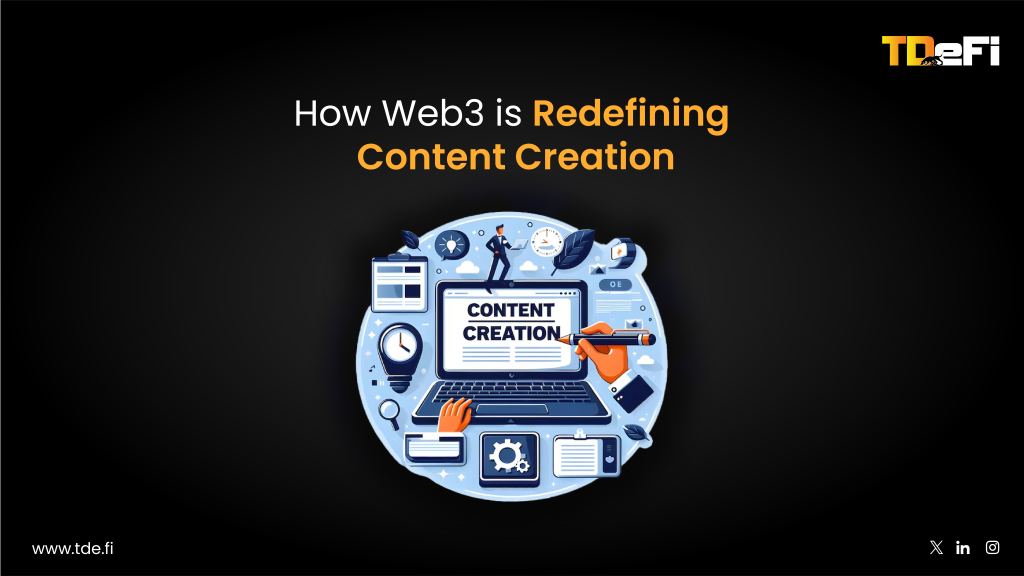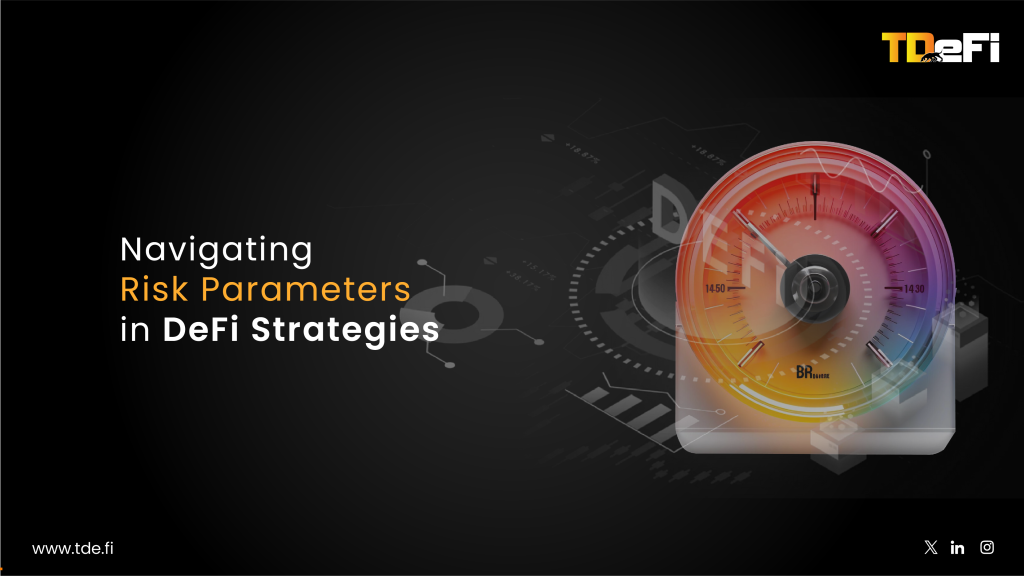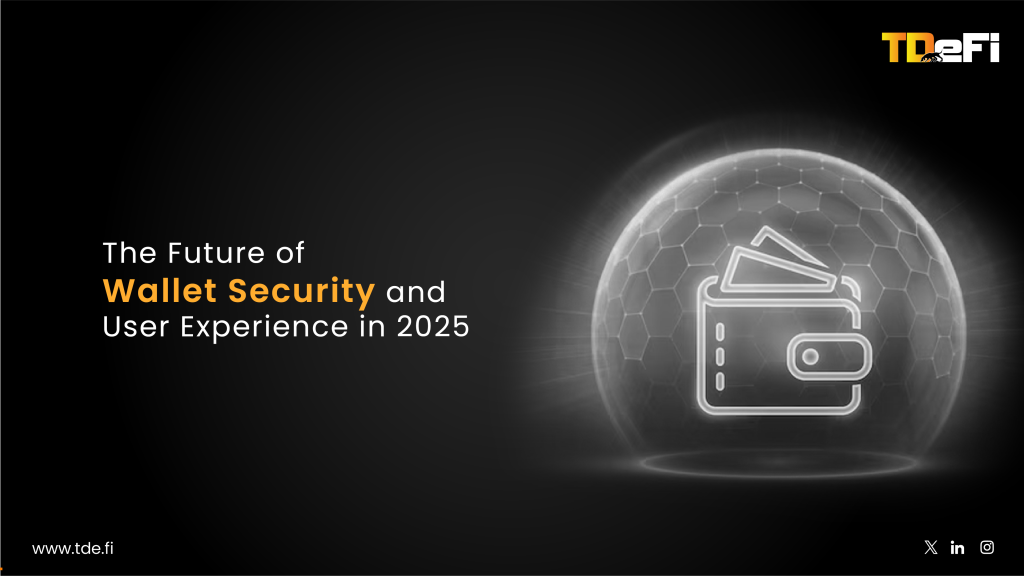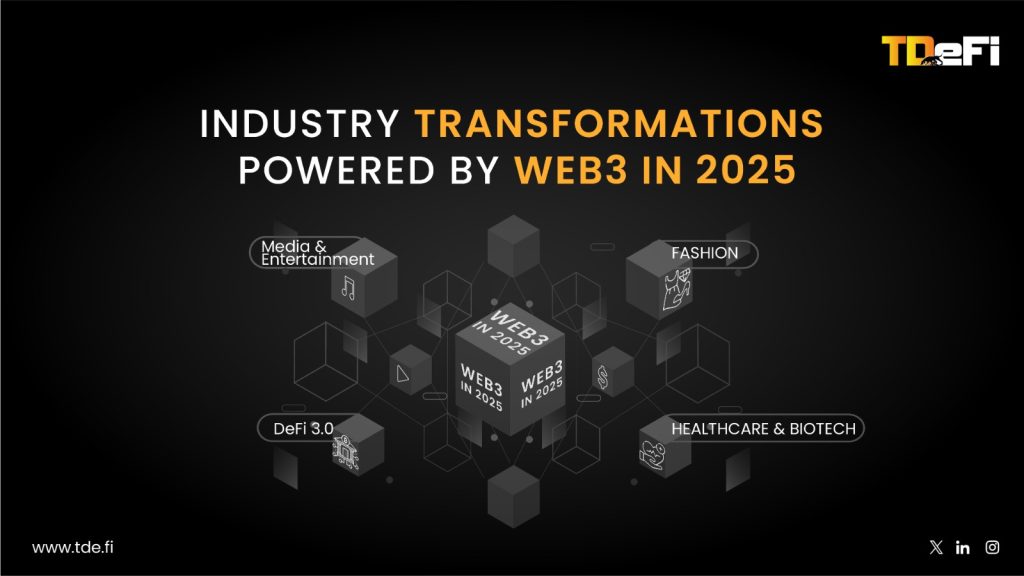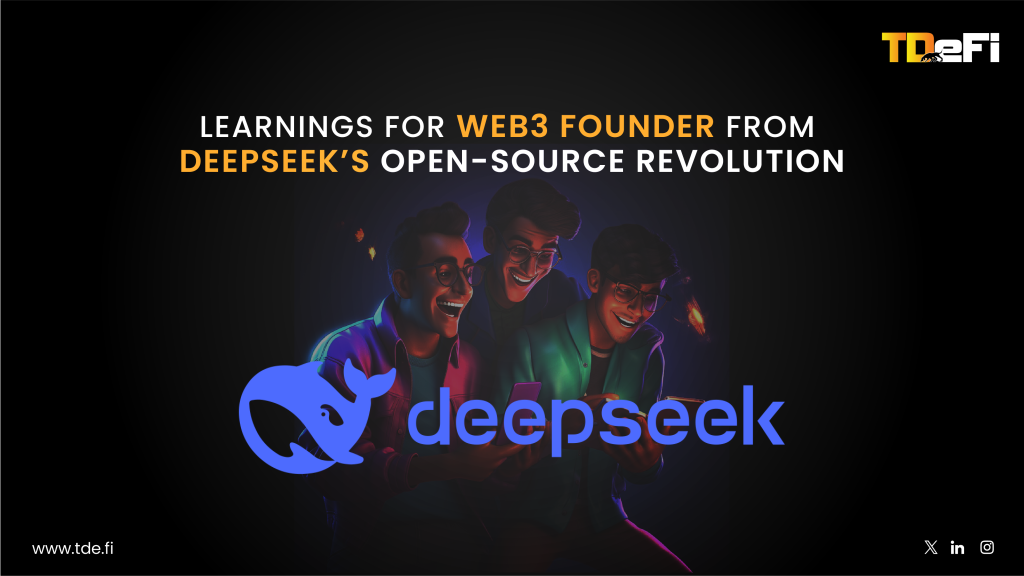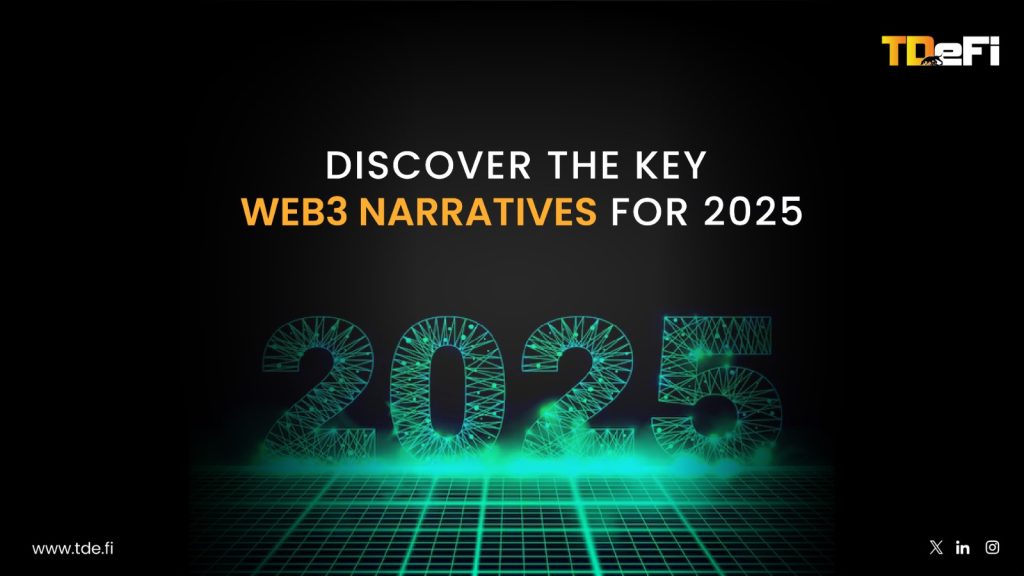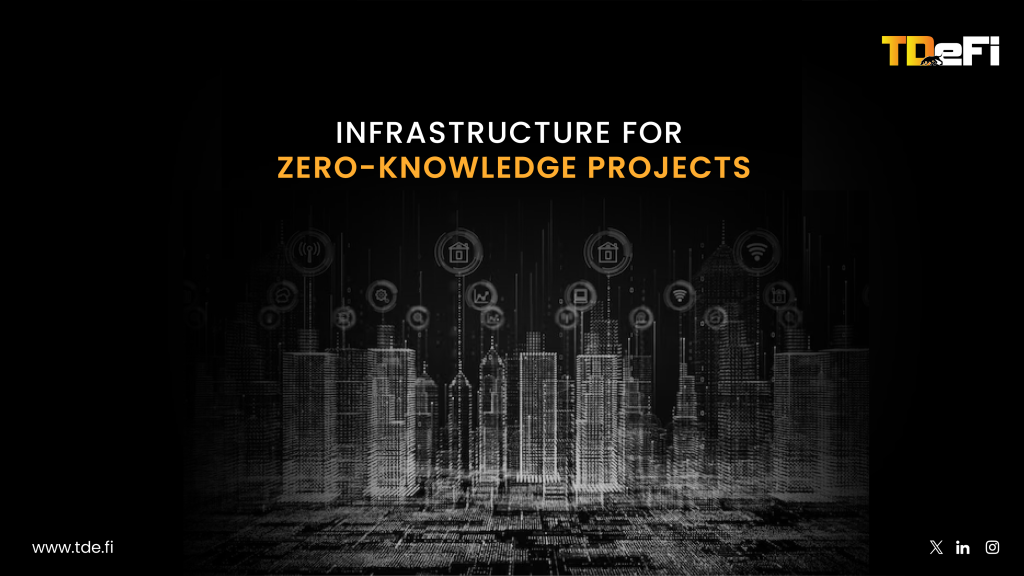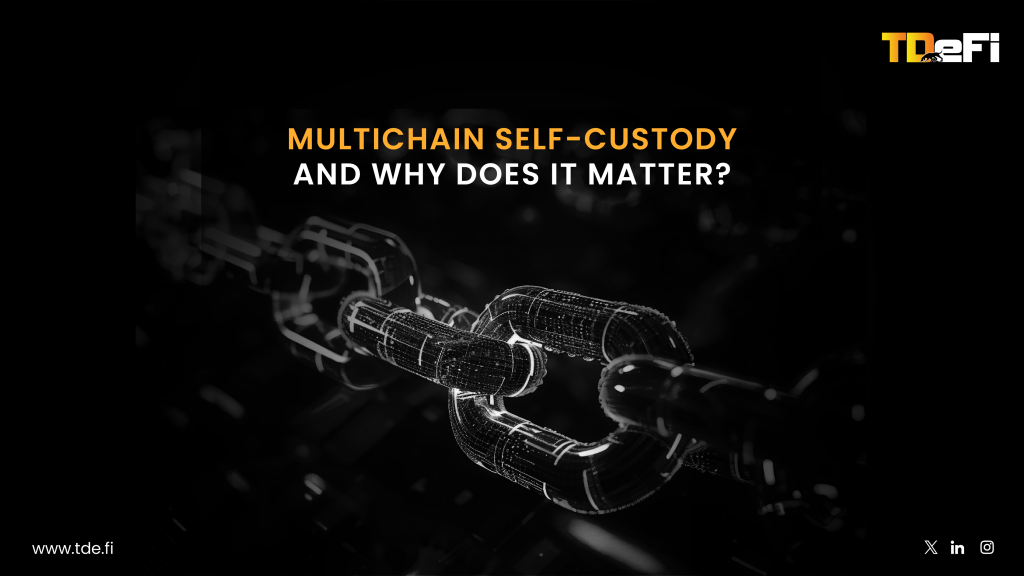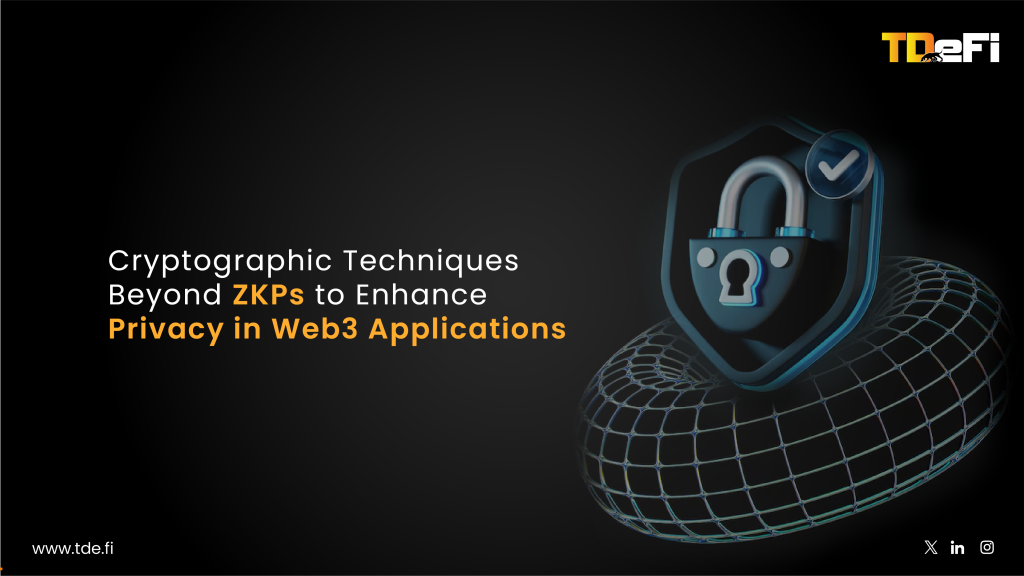In the ever-evolving world of technology, AI agents and smart contracts are two groundbreaking innovations that are redefining how we interact with systems, data, and each other. AI agents bring human-like intelligence to the table, capable of learning, adapting, and making decisions autonomously, while smart contracts have revolutionized transactions by executing agreements automatically on the blockchain. But what happens when these two forces meet? In this blog, we’ll dive into how AI agents and smart contracts differ, where they intersect, and the exciting possibilities that emerge when they work together to push the boundaries of automation and decentralization.
What are Smart Contracts?
Smart contract is a digital self-executing agreement with pre-defined terms encoded in its code. These contracts live on the blockchain, be it Ethereum, Solana, Ripple, to ensure that everything (Transfer of funds, sending notifications, etc.) that is happening on that blockchain is within the terms and rules that have been pre-defined. If there is any disparity between the two the process. it is rejected by the smart contract and the user has to start the process again. These SCs are responsible to ensure the security, immutability, and transparency of the blockchain.
AI Agents
In layman terms an AI agent is a purpose driven program that makes decisions without depending on human interactions. Their process can be summarized in 4 basic steps:
- Gathering Data
- Learning (reinforced)
- Decision-making
- Execution
The tech stack of AI agents although big but can be categorized in to three main layers
- The Data layer: This is where all the raw information flows and AI Agents use blockchain nodes to know what’s happening on-chain or pull any real-world data via oracles or APIs
- AI/ML Component: This makes AI agents compelling and reinforced learning is the key in making these AI Agents evolve continuously.
- Blockchain Layer: This layer enables AI Agents to interact with smart contracts, sign transactions, pay gas fees etc all within their own wallet.
To develop an AI Agent from scratch is no joke, as seen in the figure below from GaiaNet we can see the architecture of their solution showcasing on how advanced these AI Agents are compared to the traditional bots.
(Network Architecture)
Thanks to protocols like Virtuals, launching your own AI Agents has become as easy as making cup noodles. The process includes filling out an AI Agent form which has the name, the ticker of token of your agent (if you want to launch its token), description, pfp, initial liquidity if you are launching the tokens so there is enough amount required to launch the pool on uniswap, and last step involves governance.
Smart Contract vs AI Agents
| Aspect | Smart Contracts | AI Agents |
| Functionality | Execute predefined conditions; ideal for automating straightforward tasks like payments, escrow, or verifying conditions. | Observe, plan, and execute; designed to handle dynamic situations, analyze data trends, and predict outcomes. |
| Flexibility | Immutable once deployed (unless explicitly coded otherwise), ensuring security but limiting adaptability. | Continuously evolve through reinforced learning, making them adaptable and smarter over time. |
| Dependencies | Depend entirely on the accuracy of their code and inputs. | Utilize a combination of on-chain data, off-chain data via APIs or oracles, and learning algorithms to refine their decision-making. |
| Analogy | Comparable to a vending machine: will dispense a soda if the correct amount is inserted, but that’s all it does. | Comparable to a personal assistant: can learn your preferences, stock up your fridge, and even suggest healthier alternatives if you’re on a diet. |
How Smart Contracts and AI Agents Can Co-exist
Here’s how both of them can complement each other:
- Enhanced Automation: Smart Contracts ensure the integrity and security of processes, while AI Agents bring flexibility and intelligence. For example, an AI Agent can monitor market conditions to decide the optimal time to execute a trade, and a Smart Contract ensures the trade follows all predefined rules.
- Dynamic Decision-Making: Smart Contracts can be rigid, but with an AI Agent feeding them data-driven insights, they can act dynamically. Let’s say a charity uses a Smart Contract to release funds when specific conditions are met. An AI Agent could analyze real-time data to verify that those conditions reflect the current ground reality before triggering the contract.
- Scalability: Managing thousands of Smart Contracts manually is tough. AI Agents can monitor and optimize these contracts at scale, identifying inefficiencies or opportunities for improvement.
- Fraud Prevention: AI Agents can spot anomalies or potential exploits in Smart Contracts before they’re triggered. For example, if someone tries to exploit a bug in a Smart Contract, an AI Agent can flag or even halt the transaction before damage occurs.
- Improved User Experience: AI Agents can act as intermediaries between users and Smart Contracts, simplifying complex interactions. Imagine a dApp where the user simply says, “I want to stake my tokens,” and the AI Agent handles everything—from selecting the best staking pool to executing the Smart Contract.
Closing Thoughts
Smart Contracts and AI Agents aren’t competitors – they’re collaborators. One provides the unshakable foundation of security and transparency, while the other adds the adaptability and intelligence needed to navigate complex, real-world scenarios. Together, they’re paving the way for smarter, more efficient blockchain ecosystems. If Smart Contracts are the brains of blockchain, AI Agents are the intuition. When combined, they’re unstoppable.


